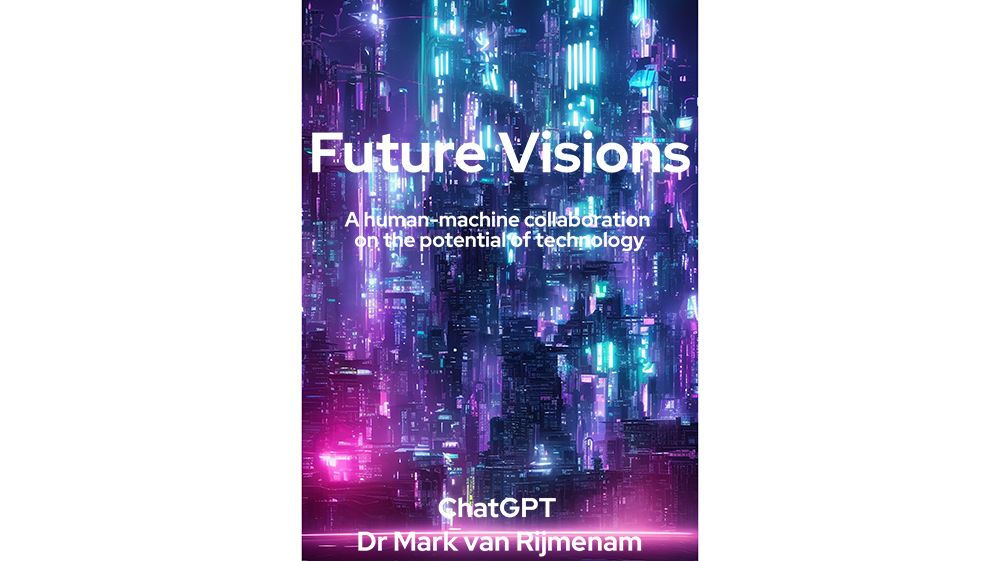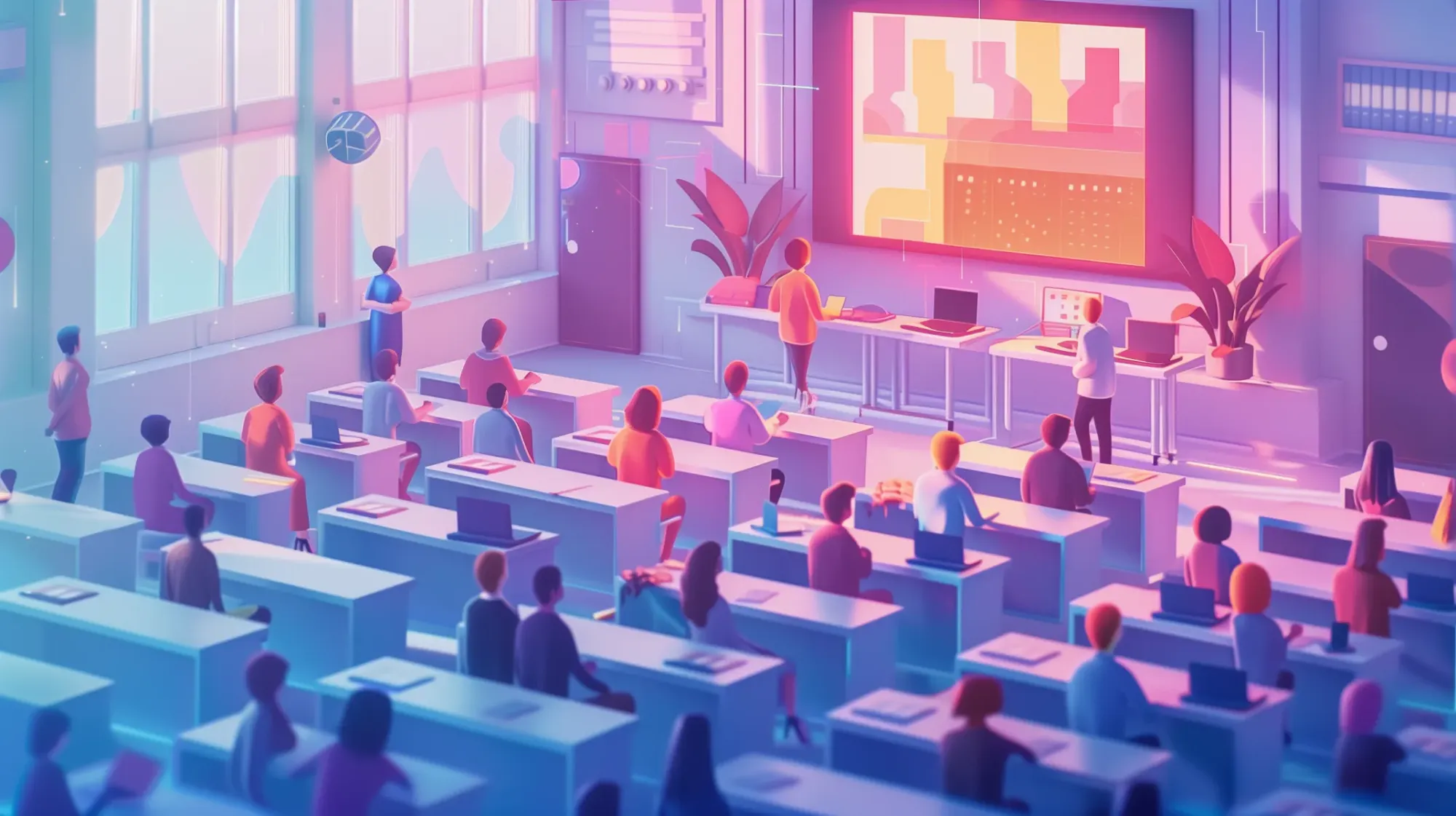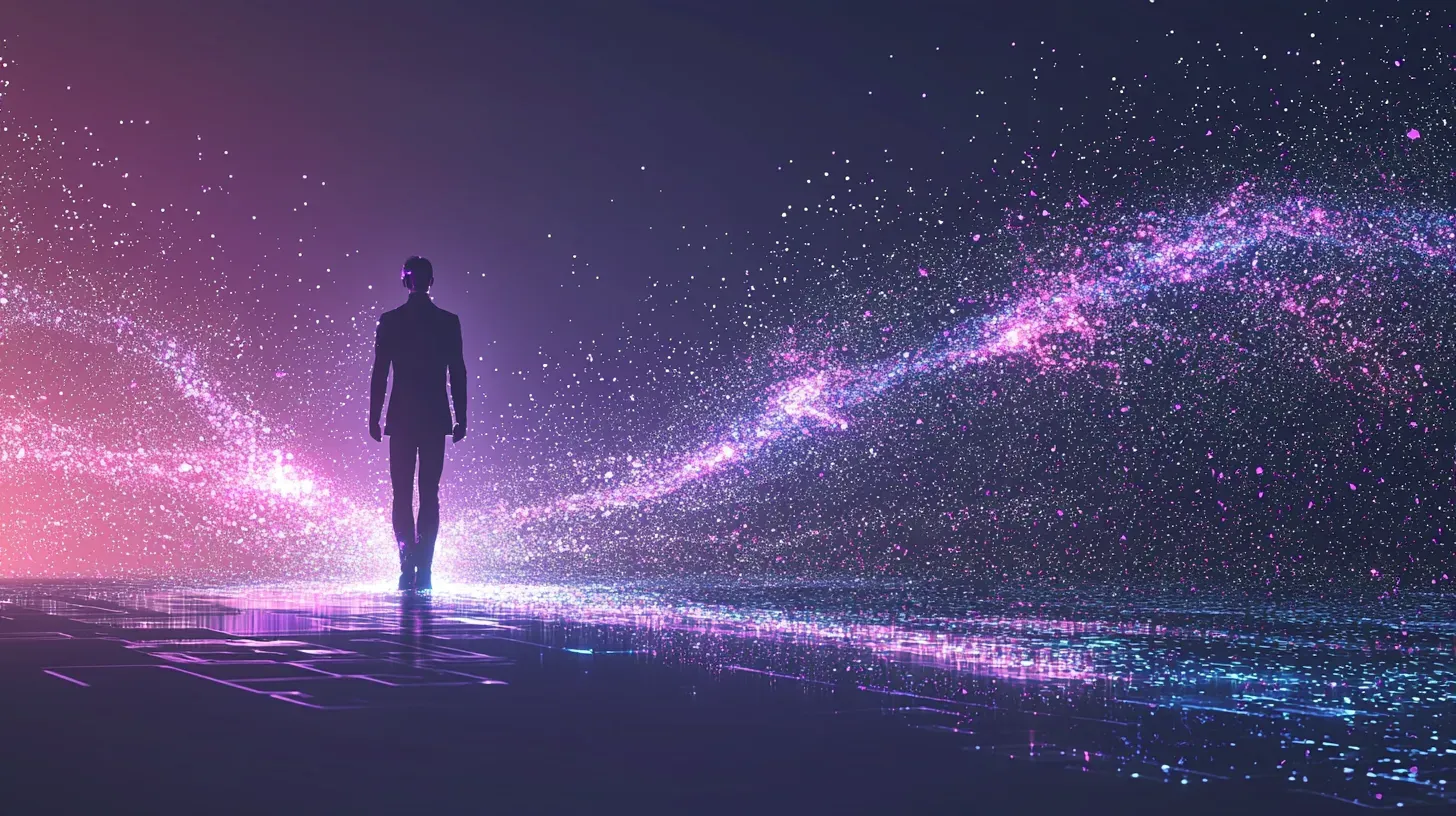I just wrote a book in one week 🤯 Yes, thanks to ChatGPT — a great example of human-machine collaboration

As the use of artificial intelligence continues to grow and advance, many wonder what the future holds for our relationship with technology. In a recent experiment, the futurist in me collaborated with an off-the-shelf language model trained by OpenAI, known as ChatGPT, which has taken the internet by storm, to explore the boundaries of what AI is capable of today. As part of this exploration, I decided to write a book entirely with the help of AI.
The result was a book titled “Future Visions: A human-machine collaboration on the potential of technology,” which offers insights and predictions on the future of technology and its impact on our world. Above all, it is a work of art, an experiment. It was written, edited and published in just seven days, and the entire process, from the initial concept and title of the book to the cover design and even the preface itself, all of the content in this book has been created by AI. In addition, the editing process was also assisted by AI, which helped to ensure the accuracy and coherence of the text.
The aim of using AI in this way was to explore the boundaries of what is possible with off-the-shelf technologies and gain insight into AI’s potential to assist in the creative and editorial process.
While ChatGPT is incredibly powerful, it has its limitations. For example, ChatGPT often uses a standard format to answer questions and, more often than not, replaces one key term for another and presents it as a new answer. This means that while it can provide valuable information, it can also be superficial when asked complex or futurist questions. Additionally, occasional grammar mistakes and freezes in the system required me to refresh the page to continue.
Additionally, ChatGPT cannot predict future events or technological advancements. This was evident when I asked it to summarise the milestones achieved in quantum computing by 2070, and it replied: “I’m sorry, but I am not able to provide information on milestones in quantum computing that have not yet occurred…I am not capable of predicting future events or advancements in technology.”
As a large language model trained by OpenAI, it cannot answer complex or futurist questions about how technology will evolve in the coming 50 years. As a machine learning model that has been trained to generate text based on the input received, it does not have the ability to predict the future or provide detailed information about complex topics. However, using its ability to generate text, it provided some exciting scenarios for how the technology discussed might evolve in the coming 50 years. Of course, these predictions are not based on specific knowledge or research and should not be taken as fact but as potential ideas or thought experiments.
Despite these limitations, the experiment was a valuable learning experience. It showed me the incredible potential of AI, as well as its limitations. It can provide valuable insights and information on a wide range of topics. The book discusses the potential of technologies such as the metaverse, quantum computing, strong AI, robotics, synthetic biology, and 3D printing and how they will shape our future. While AI may not be the “holy grail” of creativity and innovation, it can still be a powerful tool when used correctly.
Overall, our experiment with ChatGPT was a fascinating and enlightening experience. It showed us the incredible potential of AI but also its limitations. As we continue to develop and advance our technology, it is crucial that we remain aware of these limitations and continue to push the boundaries of what is possible.
In the end, I am proud of the work we produced in such a short time. I believe that “Future Visions” offers valuable insights and ideas for those interested in the potential of technology and its impact on our future. I encourage anyone curious about the capabilities of AI to pick up a copy and see for themselves.
This article was also written by ChatGPT and edited by Grammarly 😃





